What is secure and what is insecure about people and places in the land can be debated both formally and informally, subjectively and objectively, knowledgeably and ignorantly, emotionally and calmly depending on whether the discussants have stakes with the related issues. A breed of Indians have emerged since not too long past getting the benefit of high level security to their persona costing God-knows-how-many crores of rupees drawn from the treasury. To the uninformed sections of society, this breed being protected at public cost are all people’s representatives, attaining that distinction through means that are too well-known even to those who are literate enough to read whatever appears in print in the dailies. The other kind who don’t contest in polls and thus don’t represent people in legislature but command wealth in amounts that can be cause for envy also seek security with the difference that public funds are not involved to secure them physically. The question that begs for an answer is: Are the law-makers, representing the land’s people feeling insecure and why do they have to distinguish themselves from the people whom they represent?
Attacking an elected member of one or the other legislative body in the land brutally with intent to kill and assassinating a person with high societal rating in public life, including those holding high office such as the land’s Prime Minister are in different classes. The major factor of distinguishing them is that in days past the killer used to be fed hashish, a narcotic and in our times the hireling gets supari, money as fee for the heinous act.
The country’s mass of nearly 1.4 trillion population is represented by nearly 800 in its highest law-making body namely the Parliament, about 9,000 in the legislatures of 36 States and Union Territories and a virtual army in Urban Local Bodies, Town Municipalities and Gram Panchayats. One cannot be faulted to raise the point of preferential protection to this elected tribe over that of aam aadmi, who is as vulnerable in the open space as insects battling against measures to get rid of them. The circumstances in which the life of the virtual man-in-the-street hangs by a thread are not difficult to visualise. Girls marrying against the diktats of Khap Panchayats, persons questioning those found spitting/ littering / answering nature’s call in the street-side, those seeking redemption of noise pollution caused during celebrations, people moving in public transport and so on are all vulnerable in the matter of their safety to life.
In short, while the Ministers, MPs, MLAs, GP members have ensured their security at huge public cost, the rest of the land’s diaspora have to fend for themselves. In their case, insecurity translates to either getting maimed at the hands of criminals or death, a brazen mockery of democracy.



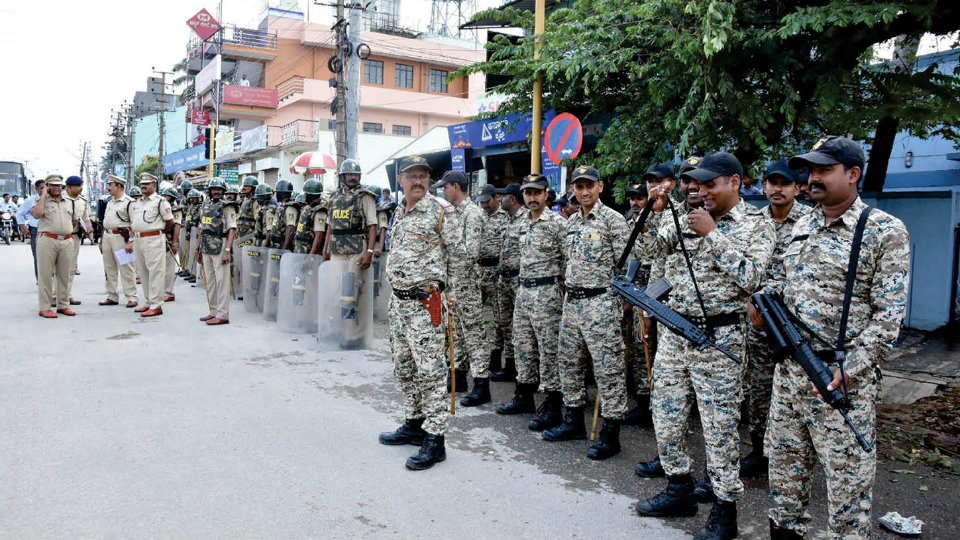
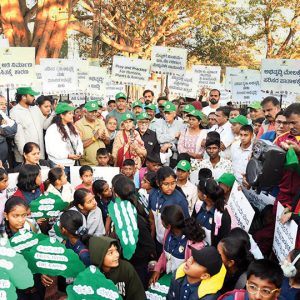
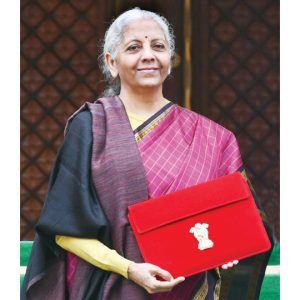
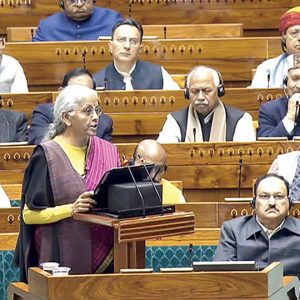
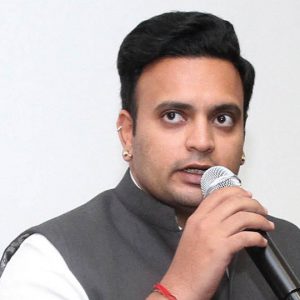
Recent Comments